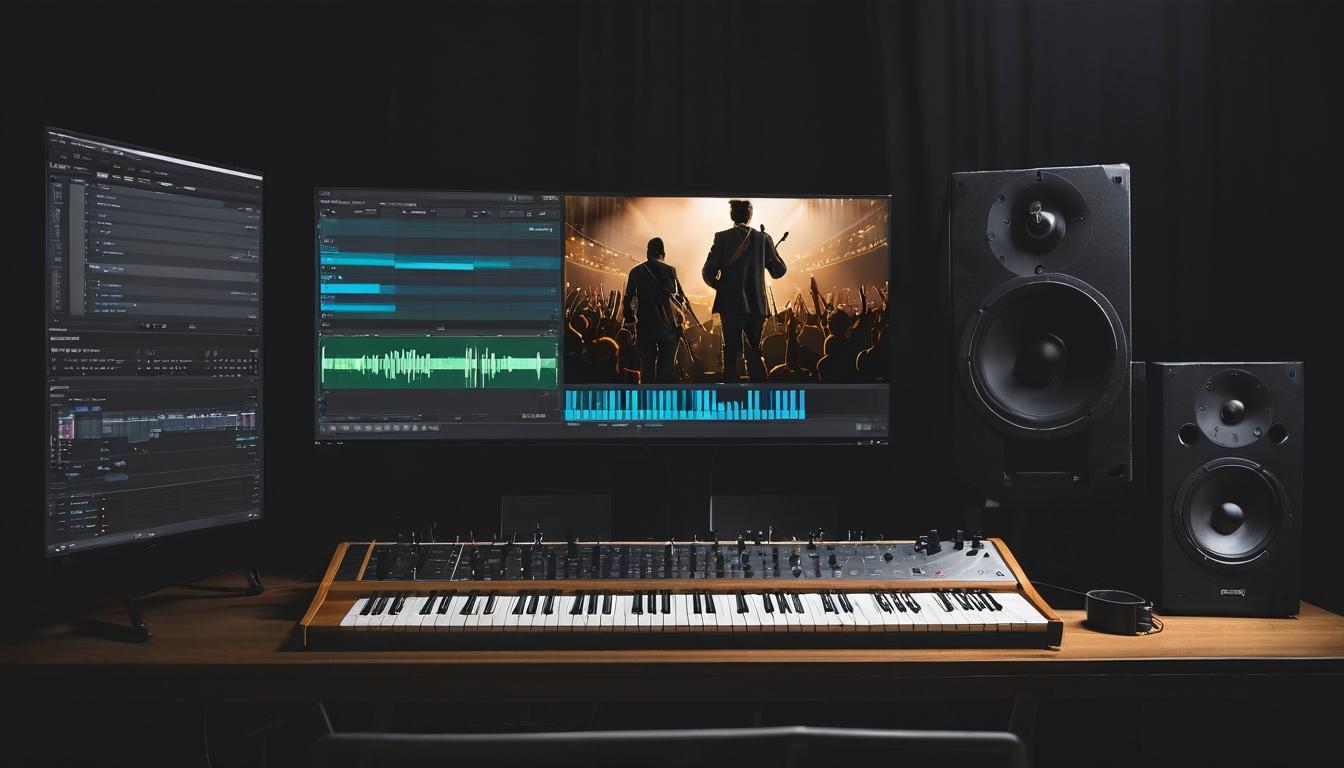The projector flickers to life, the theater darkens, and before the first image appears, something extraordinary happens. It begins with a single note—a low, resonant hum that seems to vibrate through the very bones of the audience. This is no longer your grandfather's film score. We're witnessing a quiet revolution in cinematic sound, one that's been brewing in recording studios and scoring stages across the globe, largely unnoticed by the general public but fundamentally changing how we experience movies.
Walk into any major scoring session today and you'll find composers who are equal parts musician, technologist, and sound archaeologist. They're digging through archives of forgotten instruments, building custom software to generate never-before-heard textures, and collaborating with scientists to understand how specific frequencies affect human emotion. The traditional 100-piece orchestra hasn't disappeared, but it's now just one color on a vastly expanded palette that includes everything from ancient Tibetan singing bowls to AI-generated tonalities.
What's driving this transformation? Partly technology, partly economics, but mostly a generation of composers who grew up listening to both John Williams and Aphex Twin. These artists move fluidly between acoustic and electronic sound worlds, creating hybrid scores that would have been unimaginable even a decade ago. They're not just writing melodies; they're designing sonic ecosystems that surround the viewer, often working closely with sound designers to blur the line between score and sound effect.
The business side has evolved just as dramatically. Streaming platforms have created new opportunities for composers to work on series with extended musical arcs, while smaller budgets on indie films have sparked incredible creativity—limitation breeding innovation in fascinating ways. Composers now often serve as producers, overseeing every aspect of the music from recording to final mix, and building their own unique sonic signatures in the process.
Perhaps most interestingly, we're seeing a return to thematic writing—but not as we knew it. Instead of the straightforward melodies of classic Hollywood, composers are creating musical DNA—small musical cells that mutate and evolve throughout a film, connecting scenes and characters in subtle ways that audiences feel rather than consciously notice. It's composition as genetic engineering, building scores that grow organically with the narrative.
The global landscape has shifted dramatically too. Where film scoring was once dominated by American and European traditions, we're now hearing incredible work coming from Africa, Asia, and South America, bringing new instruments, scales, and rhythmic approaches to mainstream cinema. This cross-pollination is creating the most diverse and interesting sonic landscape in film history.
Yet for all this innovation, the fundamental power of film music remains unchanged—the ability to bypass our critical faculties and speak directly to our emotions. The best modern composers understand this deeply, using all their new tools not for showy experimentation but to serve the story more precisely than ever before. They're psychologists working in sound, manipulating our heart rates, triggering memories, and guiding our attention with invisible precision.
What does the future hold? We're already seeing composers working with virtual reality and interactive narratives, creating scores that adapt in real-time to the viewer's choices. The line between composer and audience may continue to blur, with generative music systems allowing for personalized scores. But some things will never change—the need for human emotion, for that perfect musical moment that makes the hair stand up on your arms, for the magic that happens when image and sound fuse into something greater than the sum of their parts.
The revolution continues, largely unsung, in studios around the world. Next time you sit in a dark theater, listen closely. That sound you're hearing? That's the future of cinema, being written one note at a time.
The unsung revolution: how modern film composers are rewriting the rules of cinematic sound

